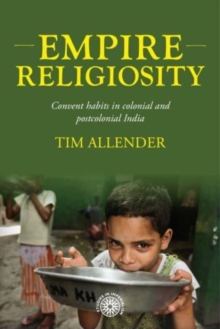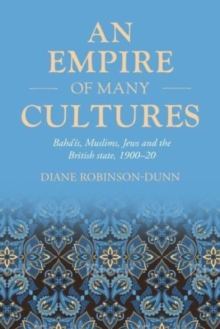
Science at the end of empire : Experts and the development of the British Caribbean, 1940-62 PDF
by Sabine Clarke
Part of the Studies in Imperialism series
Description
This electronic version has been made available under a Creative Commons (BY) open access license.
This book is open access under a CC BY license. This is the first account of Britain’s plans for industrial development in its Caribbean colonies – something that historians have usually said Britain never contemplated.
It shows that Britain’s remedy to the poor economic conditions in the Caribbean gave a key role to laboratory research to re-invent sugarcane as the raw material for making fuels, plastics and drugs.
Science at the end of empire explores the practical and also political functions of scientific research and economic advisors for Britain at a moment in which Caribbean governments operated with increasing autonomy and the US was intent on expanding its influence in the region.
Britain’s preferred path to industrial development was threatened by an alternative promoted through the Caribbean Commission.
The provision of knowledge and expertise became key routes by which Britain and America competed to shape the future of the region, and their place in it. -- .
Information
-
Download - Immediately Available
- Format:PDF
- Pages:224 pages, 5 black & white illustrations
- Publisher:Manchester University Press
- Publication Date:13/09/2018
- Category:
- ISBN:9781526131409
Other Formats
- Hardback from £61.05
Information
-
Download - Immediately Available
- Format:PDF
- Pages:224 pages, 5 black & white illustrations
- Publisher:Manchester University Press
- Publication Date:13/09/2018
- Category:
- ISBN:9781526131409










